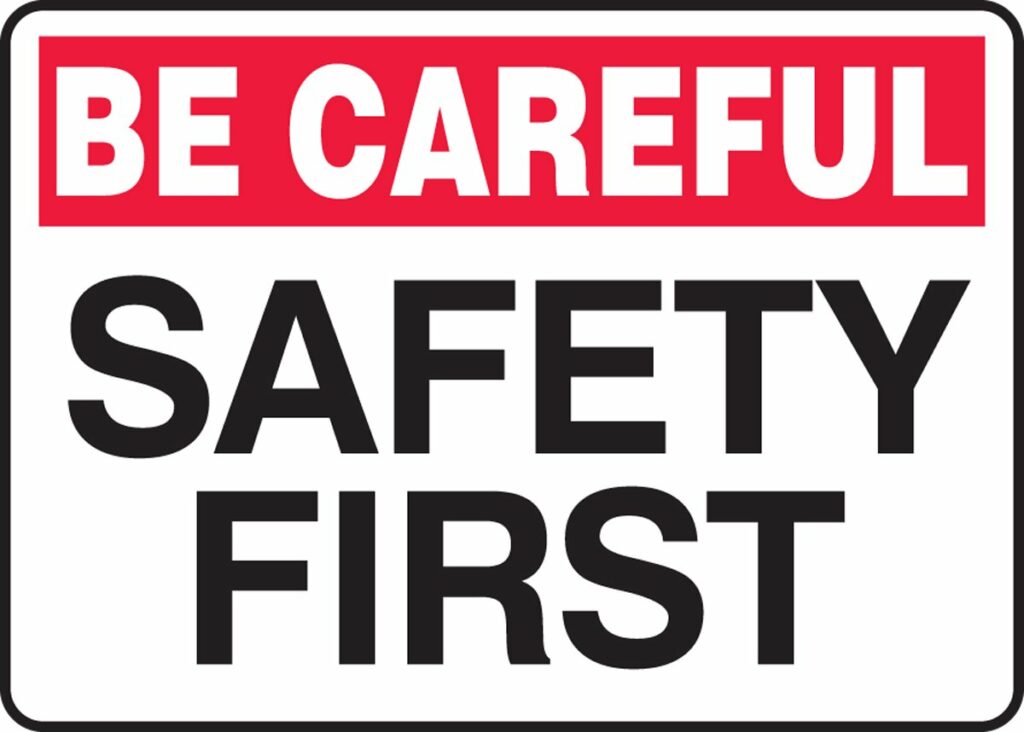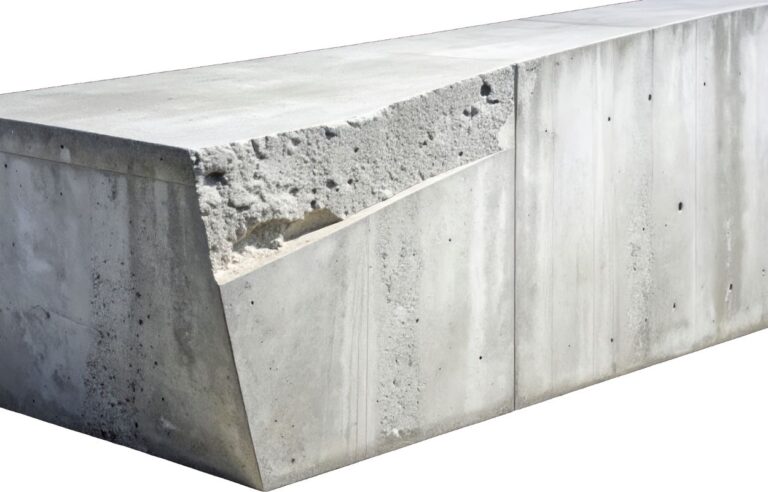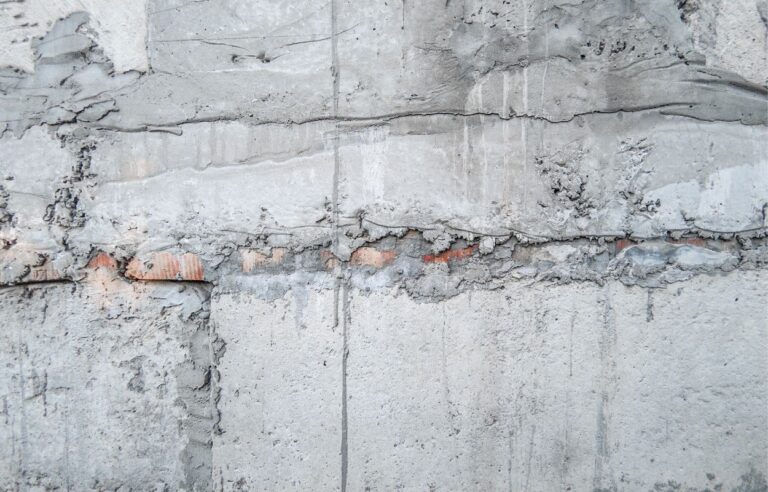When it comes to demolition work, proper handling of hazardous materials is of utmost importance. Failing to address these materials correctly can result in serious health risks to workers and the environment, as well as regulatory violations that can lead to significant financial penalties.
1. Protecting Worker Health
Many hazardous materials commonly found in structures slated for demolition, such as asbestos, lead-based paint, and mold, can pose severe health risks if not handled correctly. These materials can become airborne during demolition activities, leading to inhalation or skin exposure for workers. Ensuring proper identification, containment, removal, and disposal of these materials is crucial to safeguard the health and safety of demolition crews.
2. Preventing Environmental Contamination
Improper handling of hazardous materials during demolition can result in environmental contamination. Substances like oils, solvents, and chemical residues can seep into the soil and groundwater, causing lasting damage to ecosystems and potentially affecting nearby communities. By following strict protocols for identifying, containing, and disposing of hazardous materials, demolition companies can help prevent environmental harm.
3. Compliance with Regulations
Regulatory bodies have stringent requirements regarding the handling of hazardous materials in demolition projects. Failing to comply with these regulations can result in fines, legal action, and damage to the reputation of the demolition company. By prioritizing proper handling procedures and documentation, demolition contractors can ensure they are operating within the law and maintaining a positive standing in the industry.
4. Minimizing Liabilities
In addition to regulatory penalties, improper handling of hazardous materials can expose demolition companies to costly liabilities. If workers or bystanders are harmed due to exposure to these materials, the company may face lawsuits, medical expenses, and damage to its public image. By investing in thorough training, protective equipment, and safe work practices, demolition firms can mitigate these risks and protect their bottom line.
5. Upholding Professional Standards
Proper hazardous material handling is not just a legal obligation—it is a fundamental aspect of ethical demolition practices. By prioritizing safety, health, and environmental responsibility, demolition companies can uphold professional standards and demonstrate their commitment to conducting business with integrity. Embracing a culture of diligence and accountability when it comes to hazardous materials sets a positive example for the industry as a whole.
In conclusion, the importance of proper hazardous material handling in demolition cannot be overstated. From protecting worker health and preventing environmental harm to ensuring compliance with regulations and upholding professional standards, meticulous attention to hazardous materials is essential for the success and sustainability of demolition projects. By prioritizing safety, responsibility, and best practices, demolition companies can not only safeguard their own interests but also contribute to a safer, cleaner, and more ethical industry overall.
Deconstructors demolition .inc 2024-05-09
